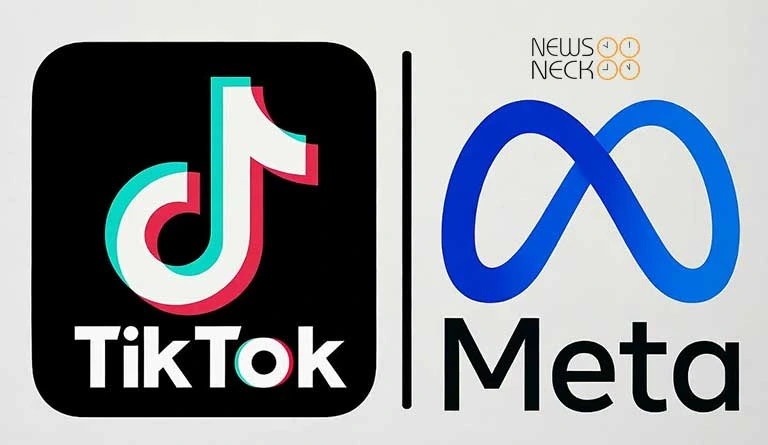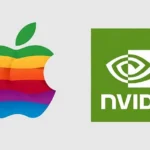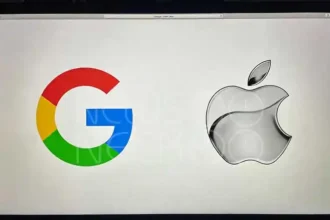The Digital Showdown: Why Europe is Calling Foul on TikTok and Meta
Imagine you buy a car, but the manufacturer refuses to let anyone look under the hood. You hear strange noises, but you can’t figure out why. For the European Union, giant social media platforms like Facebook, Instagram, and TikTok are like those mysterious cars. And on Friday, regulators decided it was time to force them to open up.
In a bold move that signals a new era for the internet, the European Commission the powerful executive arm of the EU publicly called out TikTok and its parent company Meta, which owns Facebook and Instagram. The accusation? Breaking new, landmark rules designed to make the tech world more transparent and safe.
This isn’t just a minor disagreement. It is the opening shot in a major battle over who controls our digital lives. The European Union is using its powerful new laws like a referee, and for the first time, it’s blowing the whistle on two of the biggest players in the game.
The New Rulebook for the Internet
At the heart of this clash is a law you may have never heard of: the Digital Services Act, or DSA. Think of it as a new bill of rights for the digital age. Its goal is simple but huge: to hold giant tech companies accountable for what happens on their platforms.
The DSA says that these companies must be more transparent. A key part of this is giving researchers access to public data. Why? So that independent experts can study the platforms. They can investigate big questions. Are children being exposed to harmful content? Is illegal activity spreading online? Without data, these are just guesses. With data, researchers can find facts and propose solutions.
But according to the European Commission, TikTok and Meta are not playing fair. Regulators stated that, the companies have created “burdensome procedures” for researchers. In simple terms, they’ve made it so difficult to get data that the information researchers do receive is often partial, unreliable, or useless. It’s like giving someone a key that only unlocks one room in a giant castle.
You might interesting it: Super Micro Stock Falls After Weak Q1 Forecast
More Than Just Data: A Fight Over Fairness
The allegations against Meta go even further. The Commission also says Facebook and Instagram are breaking the rules by not providing users with simple ways to report illegal content. Furthermore, they claim it is too hard for users to effectively challenge decisions when their posts are taken down.
This is about your power as a user. If you see a post that you believe is dangerous or illegal, you should be able to report it easily. If the platform removes one of your own posts and you think it was a mistake, you should have a clear and simple way to appeal that decision. The EU argues that Meta’s current systems are too complicated and ineffective.
Unsurprisingly, the tech giants see things differently.
A spokesperson for Meta stated, “We disagree with any suggestion that we have breached the DSA.” They pointed to changes they have already made and expressed confidence that their systems comply with the law.
TikTok also pushed back, highlighting its commitment to transparency. A spokesperson noted that nearly 1,000 research teams have been given access to data through their tools. However, they raised a critical concern: the conflict between sharing data and protecting user privacy under another strict EU law known as the GDPR. They urged regulators to provide clarity on how to obey both laws at once.
What Happens Next?
This is not just a war of words. There is real money on the line. If the European Commission’s preliminary findings are upheld, both companies could face massive fines up to 6% of their total global annual revenue. For companies that make tens of billions of dollars a year, that is a staggering penalty.
This is also not the first time Europe has flexed its new regulatory muscles. Meta was recently fined 200 million euros for how it handles user consent. TikTok was hit with a 530 million euro fine related to data transfers to China.
For now, TikTok and Meta have been given time to examine the findings and respond in writing. But the message from Europe is clear: the days of the wild west internet are over. The world’s most powerful tech companies are now being told they must answer to the public. The digital showdown has begun, and the results will reshape the internet for all of us.
Author: Yasir Khan
Date: 24 Oct, 2025
For More Updates, Visit Newsneck














One Comment
Your article helped me a lot, is there any more related content? Thanks!